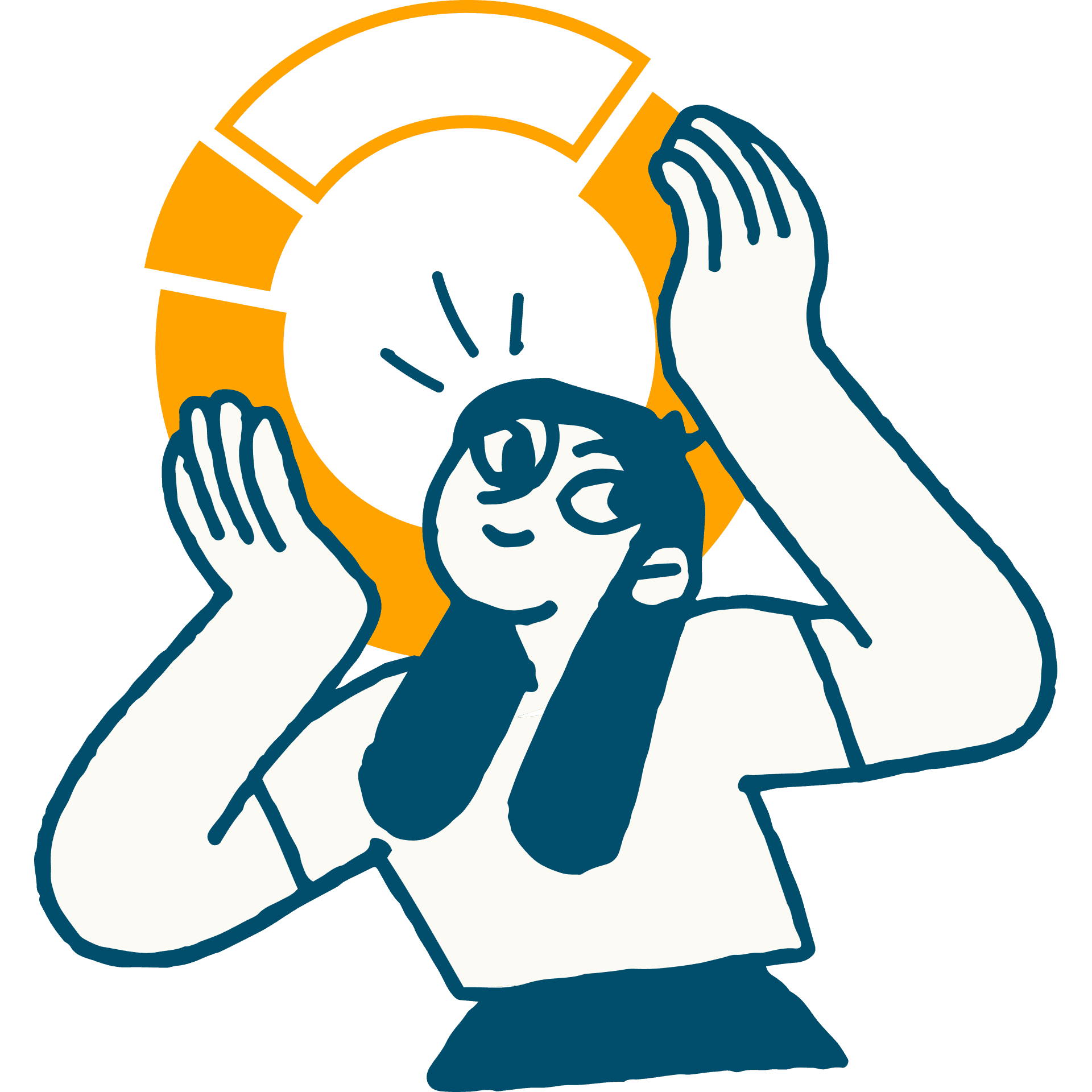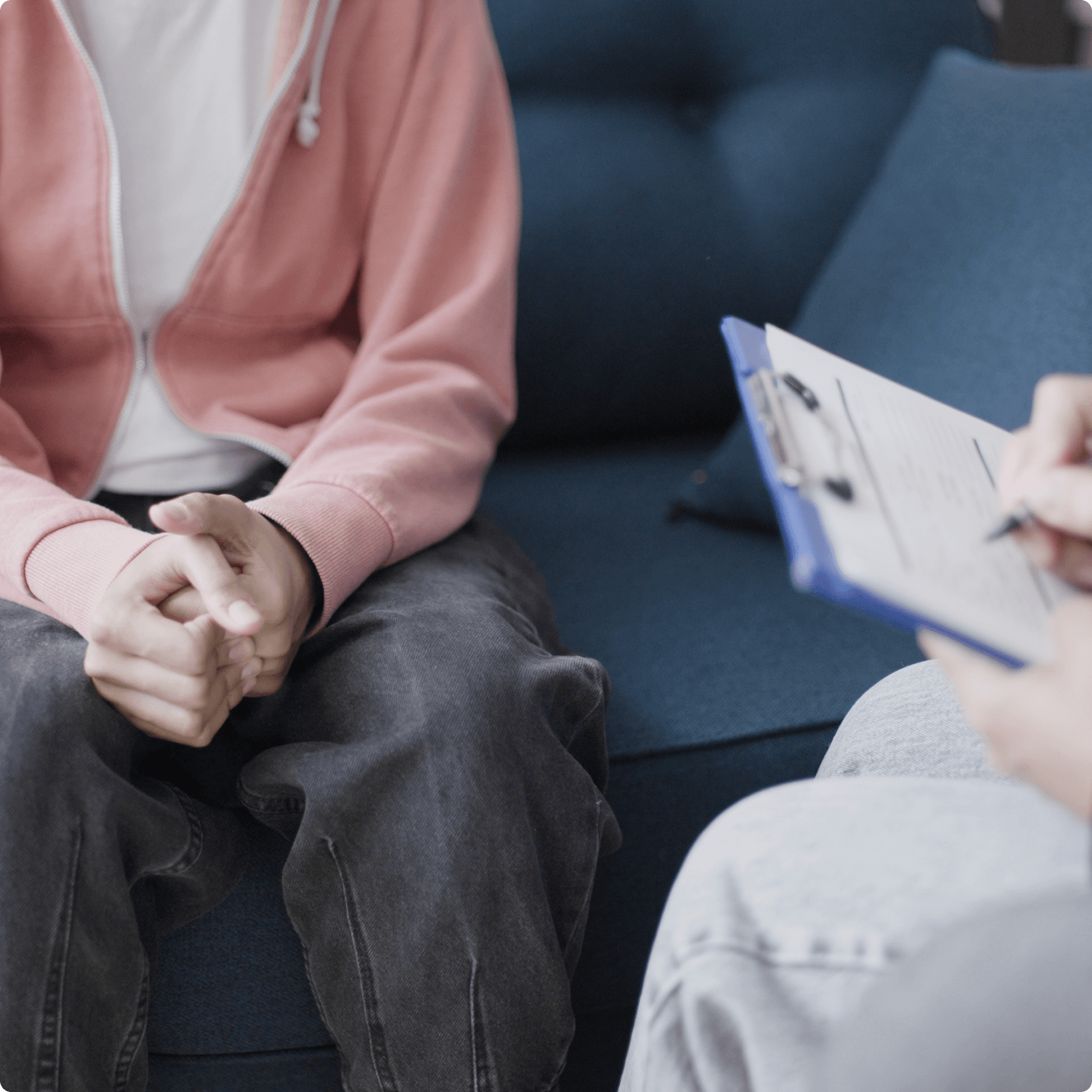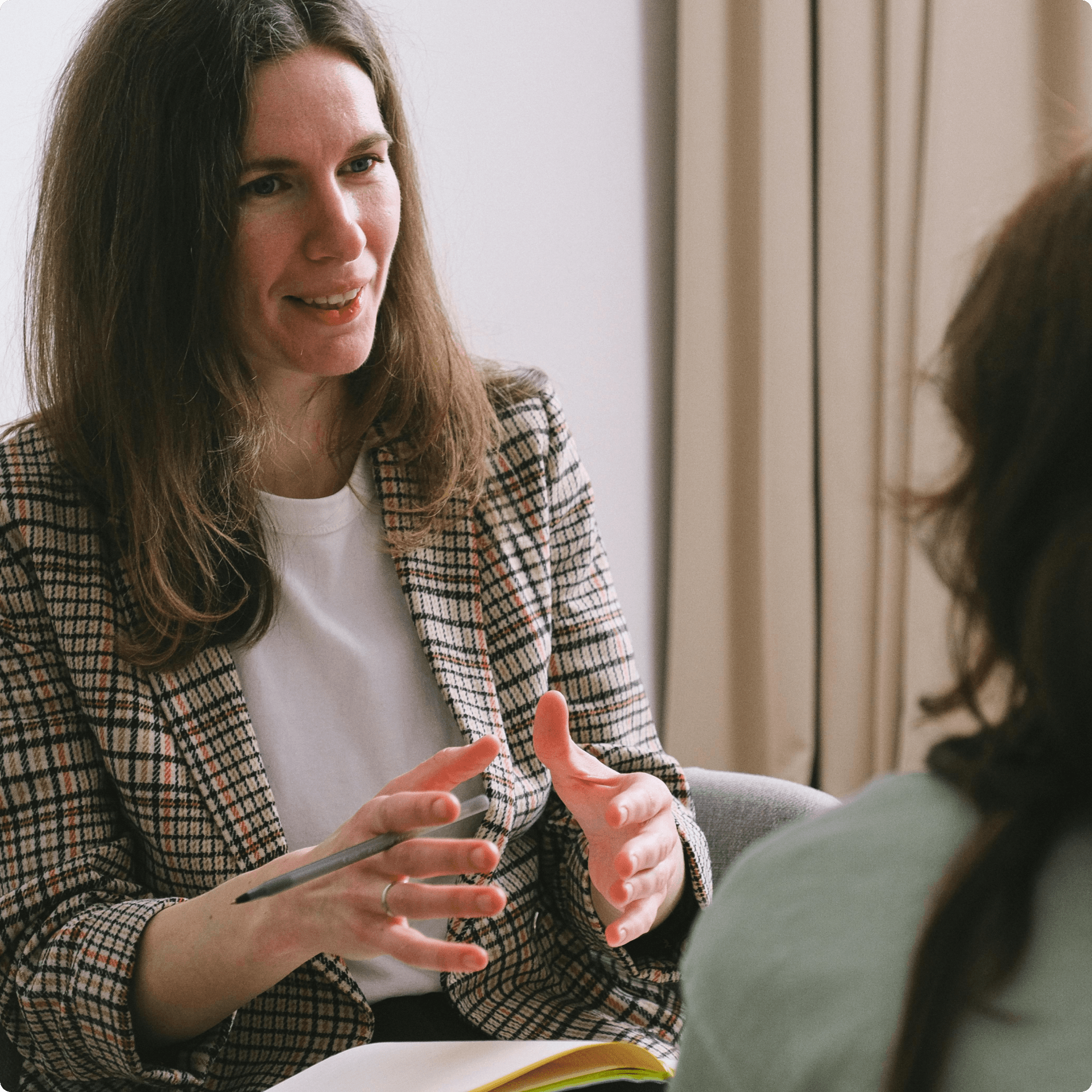You know your child. We know the science-driven treatments that will help them thrive.
As a parent, you’ll do anything for your child. You’re the expert on them. And there are simply some questions, gut feelings, and hunches that are unfamiliar. When your instincts tell you your child might need more support than you know how to give, but you’re not sure where to turn or what exactly they need, that’s the time to reach out to Brightline.
We know the day you reach out to us might be a tough one. And that it might feel like a scary step to take. But knowledge is power.
We want you to trust yourself and know that you can trust us, too. When you become open to learning from experts who are trained to help your child get stronger — and keep them safe — that makes everything feel a little easier.

Explaining your child’s care
From the moment you connect with Brightline, we strive to make each step of the process simple and clear. And, as you walk through every phase, we’re with you and your child — every step of the way.

Request an appointment
The first step is one of the most important ones. When you fill out our form or call us, it’s just you following your instinct and looking for support. That is a positive, powerful move in the right direction. We know it’s not always easy, which is why in our initial conversation there’s no pressure, no expectations, and no commitment needed.
So, let’s talk about what your child is going through. It’s why we’re here.

Request an appointment
The first step is one of the most important ones. When you fill out our form or call us, it’s just you following your instinct and looking for support. That is a positive, powerful move in the right direction. We know it’s not always easy, which is why in our initial conversation there’s no pressure, no expectations, and no commitment needed.
So, let’s talk about what your child is going through. It’s why we’re here.
Care that works for kids, teens, and families
0%
Kids and teens in therapy with Brightline experience an improvement in anxiety and depression symptoms
0%
Parents with a child in therapy with Brightline show marked improvements in high levels of caregiver strain
0%
Kids and teens show significant overall improvement after receiving care through therapy with Brightline
Care that works for kids, teens, and families
0%
Kids and teens in therapy with Brightline experience an improvement in anxiety and depression symptoms
0%
Parents with a child in therapy with Brightline show marked improvements in high levels of caregiver strain
0%
Kids and teens show significant overall improvement after receiving care through therapy with Brightline
Get in touch with us
It's okay if you don't know the root of the issue or are unsure what to say. We've been there — and now we're here for you.



